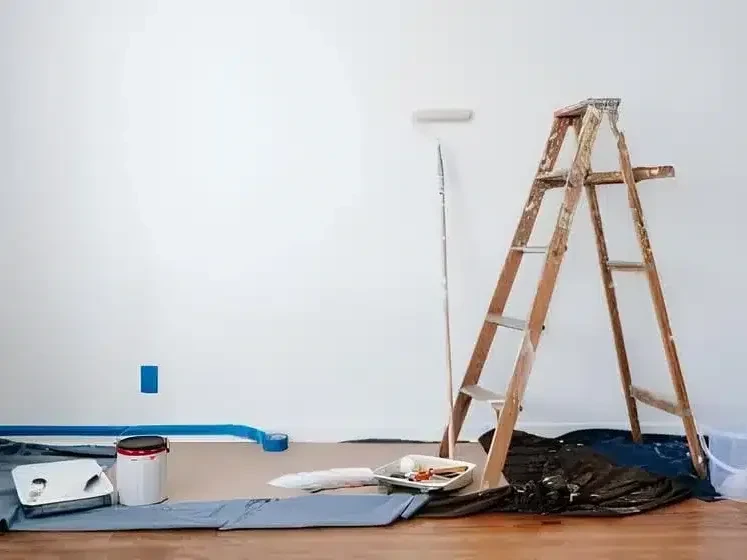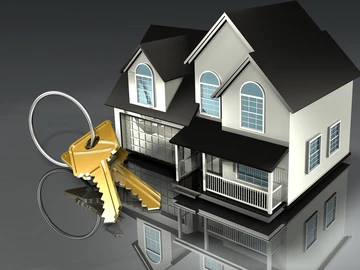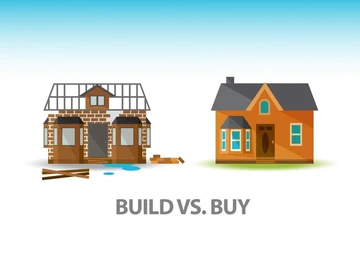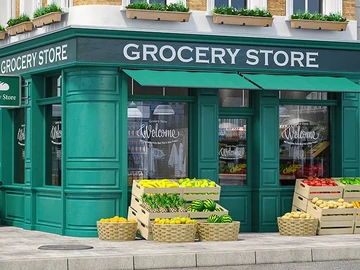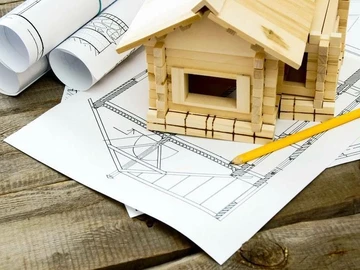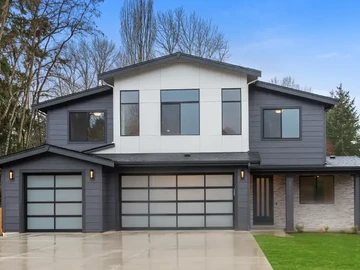Home renovations are one of the best ways to increase your property’s value and improve your lifestyle. Whether you're giving your kitchen a facelift in Avondale, building a cottage in Glen View, or upgrading plumbing in Bulawayo, the key to success lies in careful planning and realistic budgeting.
In Zimbabwe’s current construction environment where prices for materials fluctuate and labour shortages are common a well-structured renovation budget can save you thousands of dollars, time, and frustration.
Here’s a step-by-step guide to help you plan smart and renovate with confidence.
Step 1: Assess the Scope of Renovation
Start by identifying the type of renovation you want to undertake. This could fall into one of the following categories:
Cosmetic (Low-Cost)
- Painting, tiling, lighting updates, landscaping
- Budget range: US$1,000 – US$5,000
Medium-Scale
- Kitchen or bathroom remodels, room extensions
- Budget range: US$5,000 – US$15,000
Major Renovation
- Roofing, structural changes, plumbing overhaul, full house revamp
- Budget range: US$15,000 – US$50,000+
Step 2: Get Professional Estimates
Avoid guessing. Hire a contractor, quantity surveyor, or architect to prepare a Bill of Quantities (BoQ) or quotation. This helps you price:
- Labour
- Materials (cement, tiles, paint, roofing)
- Transport
- Contingencies
In Zimbabwe, the average labour cost for skilled builders is US$15–US$25 per day, while tiling costs US$4–$7 per sqm, depending on material and quality.
Tip: Request at least 2–3 quotes for comparison, especially in cities like Harare, Mutare, and Gweru, where prices vary by region.
Step 3: Break Down the Costs
Here’s how most home renovation budgets in Zimbabwe are structured:
|
Cost Category |
Estimated % of Budget |
|
Materials (cement, paint) |
40–50% |
|
Labour |
25–35% |
|
Fixtures & Fittings |
10–20% |
|
Transport & Logistics |
5–10% |
|
Professional Fees |
5–10% |
|
Contingency (unplanned) |
10–15% |
Building materials saw an average price increase of 12% year-on-year in 2025 due to currency volatility and import costs. (Zimbabwe Building Index, June 2025)
Step 4: Plan Your Funding Strategy
Renovation projects can be funded through:
- Cash Savings – Best for smaller projects
- Property Loans or Equity Financing – Offered by banks and building societies like CBZ, ZB Bank, and FBC
- Staggered Renovation Approach – Complete in phases based on cash flow
According to FinScope Zimbabwe, only 18% of homeowners access formal credit for renovations, while 62% fund via savings or informal loans.
Step 5: Prioritise High-Impact Areas
Maximise your return on investment (ROI) by focusing on renovations that boost functionality and market value:
High-ROI Renovations in Zimbabwe:
- Kitchen remodels (ROI: 60–85%)
- Bathroom upgrades (ROI: 55–75%)
- Exterior painting and landscaping (ROI: 40–60%)
- Installing solar and backup water systems (ROI: 60–90%)
Homes in Borrowdale and Highlands with modern kitchens and solar systems attract 20–30% higher asking prices on Property.co.zw listings.
Step 6: Watch Out for Budget Killers
Renovation costs in Zimbabwe can quickly spiral if you’re not careful. Avoid common traps like:
- Changing designs mid-project
- Using unqualified labour
- Failing to get council approvals (required for structural changes)
- Over-ordering or under-ordering materials
- Not including a contingency buffer
Unpermitted renovations may lead to penalties or difficulty selling the property in future.
Step 7: Track and Adjust Your Budget
Use a simple spreadsheet or budgeting app to track every expense. Monitor:
- Weekly labour payments
- Material deliveries and usage
- Unexpected costs (e.g. water damage, rework)
- Milestone completion
Set weekly review points with your contractor to stay aligned and avoid disputes.
Final Renovation Budgeting Tips
- Always build in a 10–15% contingency
- Work with registered contractors
- Insist on written contracts and receipts
- Compare material prices from builders’ warehouses and local hardware stores
- Secure your property during renovations to avoid theft
Bonus Tip: Renovate during dry season (April–October) for smoother project timelines.
Final Thoughts: Plan Well, Spend Smart
A well-planned renovation adds comfort, functionality, and value to your property. Whether you're flipping a house in Mabelreign, modernising your CBD flat, or extending your rural homestead, knowing how to budget realistically is the difference between success and financial regret.
Ready to Renovate or Buy Fixer-Uppers?
Explore affordable properties with renovation potential at Property.co.zw, Zimbabwe’s No.1 Property Marketplace.
Compare listings, connect with agents, and access tips to turn your dream home or investment property into reality.
 Continue with Facebook
Continue with Facebook
 Continue with Email
Continue with Email

